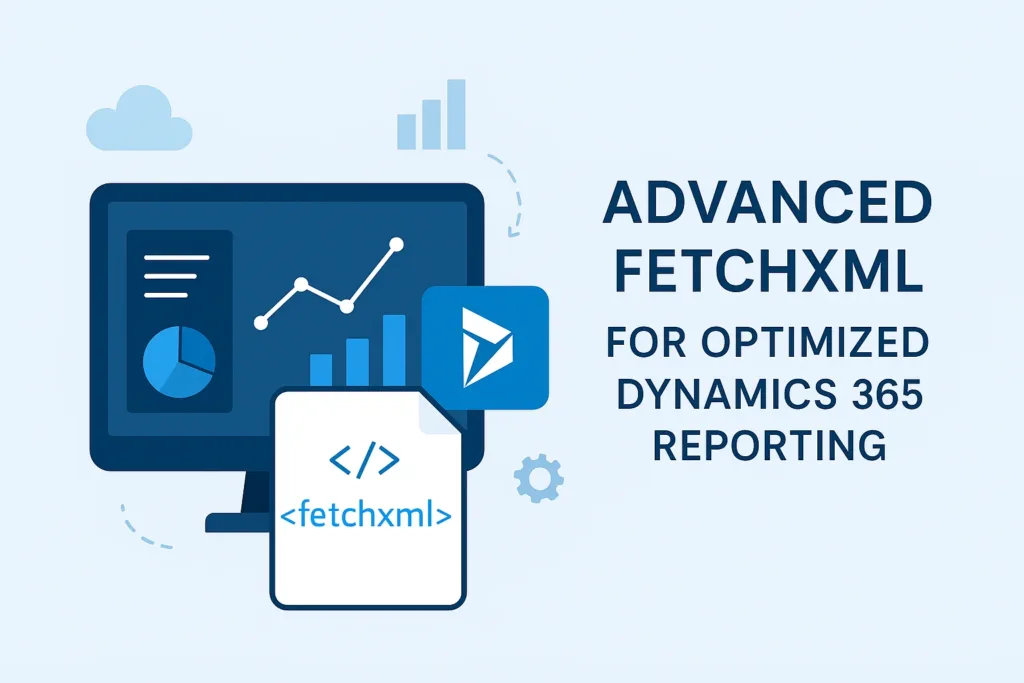Table of Content
- Understanding Plugins and Custom Workflow Activities
- Introduction to Power Automate
- Plugins vs. Power Automate: A Comparative Overview
- When to Use Plugins and Custom Workflow Activities
- When to Use Power Automate
- Best Practice: Combining Both for Maximum Impact
- How Sky Soft Connections Optimizes Automation
- Conclusion
- FAQ’s
In today’s fast-evolving Microsoft Dynamics 365 ecosystem, automation plays a key role in optimizing business processes and improving efficiency. However, many organizations face a common dilemma — should they rely on traditional Plugins and Custom Workflow Activities, or switch to Power Automate?
Both approaches offer distinct advantages, and understanding when to use each can help you build a more robust and scalable Dynamics 365 environment. In this blog, we’ll break down their strengths, differences, and best practices — and show how Sky Soft Connections helps businesses achieve the perfect balance between flexibility, performance, and maintainability.
Understanding Plugins and Custom Workflow Activities
What Are Plugins?
Plugins are custom pieces of .NET code that run synchronously or asynchronously within the Dynamics 365 event pipeline. They execute automatically when certain system events occur — such as record creation, updates, or deletion.
Common use cases for Plugins include:
- Complex business logic that must run in real-time.
- Data validation or manipulation before database commits.
- Integration with external systems using SDK or APIs.

What Are Custom Workflow Activities?
Custom Workflow Activities (CWAs) extend Dynamics 365 workflows with custom .NET logic. Unlike Plugins, CWAs are typically user-triggered and execute as part of a defined workflow process.
Typical uses include:
- Scheduled or user-initiated automation.
- Repetitive background operations.
- Business approvals or email notifications.
Introduction to Power Automate
Power Automate, part of Microsoft’s Power Platform, allows users to automate workflows without deep coding expertise. It connects Dynamics 365 with hundreds of external applications and services, enabling end-to-end process automation using a low-code/no-code interface.
Key benefits of Power Automate:
- Seamless integration with Office 365, SharePoint, Teams, and Azure.
- Cloud-based scalability and accessibility.
- Easy-to-monitor automation through a visual flow designer.
Plugins vs. Power Automate: A Comparative Overview
Below is a quick comparison of Plugins/Custom Workflows and Power Automate, based on critical business parameters:
| Feature / Criteria | Plugins & Custom Workflows | Power Automate |
|---|---|---|
| Execution Mode | Runs within Dynamics 365 server pipeline | Cloud-based; external to Dynamics 365 |
| Performance | Fast and efficient for real-time logic | May introduce slight delay for triggers |
| Development Effort | Requires C#/.NET coding | Low-code drag-and-drop interface |
| Maintenance | Needs developer support for updates | Easier for non-developers to manage |
| Scalability | Limited to Dynamics environment | Integrates across Microsoft and third-party apps |
| Use Case | Complex, high-performance internal logic | Cross-system automation and notifications |
When to Use Plugins and Custom Workflow Activities
Plugins are ideal when performance and data integrity are non-negotiable. For instance, if you need logic that must run immediately after a record update, Plugins outperform Power Automate in reliability and speed.
Use Plugins when:
- Real-time execution is required.
- You need to enforce business logic at the database level.
- Data consistency across entities is critical.
- System performance must remain high under heavy loads.
Use Custom Workflows when:
- You want to automate background processes.
- Actions need to be triggered manually or in a sequence.
- You need flexibility in logic without real-time dependency.

When to Use Power Automate
Power Automate shines in cross-platform integration and user accessibility. It enables non-technical users to build automated workflows that connect Dynamics 365 with other tools.
Use Power Automate when:
- You need to integrate Dynamics 365 with SharePoint, Teams, or Outlook.
- Notifications, approvals, or external triggers are part of the process.
- You want quick deployment without coding.
- You’re focusing on scalability and remote accessibility.
Best Practice: Combining Both for Maximum Impact
The most effective Dynamics 365 solutions often blend Plugins and Power Automate for a hybrid automation strategy.
For example:
- Plugins handle critical business logic within Dynamics 365.
- Power Automate manages notifications, integration, and human approvals.
This layered approach provides the best of both worlds — performance and flexibility.
How Sky Soft Connections Optimizes Automation
At Sky Soft Connections, we specialize in building custom automation frameworks that leverage both Dynamics 365 Plugins and Power Automate. Our certified experts design tailored workflows that enhance productivity, reduce manual errors, and improve data synchronization across systems.
Our expertise includes:
- Custom Plugin and Workflow development.
- Power Automate integration and flow optimization.
- End-to-end Dynamics 365 configuration and deployment.
- Cloud-based monitoring, testing, and maintenance.
With over 40,000 hours of project experience and a 100% success rate on Upwork, Sky Soft Connections ensures your Dynamics 365 environment operates at peak performance — with automation that truly works for your business.
Conclusion
While Power Automate offers accessibility and integration, Plugins and Custom Workflows provide unmatched control and speed. The right choice depends on your business requirements — but the best results often come from strategically combining both.
If you’re ready to optimize your Dynamics 365 automation, Sky Soft Connections can help you design a solution that blends flexibility, power, and precision.
Read more : advanced fetchxml for dynamics 365 reporting
FAQ’s
Yes, combining both allows you to balance performance with integration flexibility.
Absolutely. Plugins remain essential for real-time, complex logic that Power Automate can’t handle efficiently.
Sky Soft Connections provides tailored Dynamics 365 automation services, from Plugin development to Power Automate integration, ensuring your workflows run seamlessly.
 is a software solution company that was established in 2016. Our quality services begin with experience and end with dedication. Our directors have more than 15 years of IT experience to handle various projects successfully. Our dedicated teams are available to help our clients streamline their business processes, enhance their customer support, automate their day-to-day tasks, and provide software solutions tailored to their specific needs. We are experts in Dynamics 365 and Power Platform services, whether you need Dynamics 365 implementation, customization, integration, data migration, training, or ongoing support.
is a software solution company that was established in 2016. Our quality services begin with experience and end with dedication. Our directors have more than 15 years of IT experience to handle various projects successfully. Our dedicated teams are available to help our clients streamline their business processes, enhance their customer support, automate their day-to-day tasks, and provide software solutions tailored to their specific needs. We are experts in Dynamics 365 and Power Platform services, whether you need Dynamics 365 implementation, customization, integration, data migration, training, or ongoing support.


